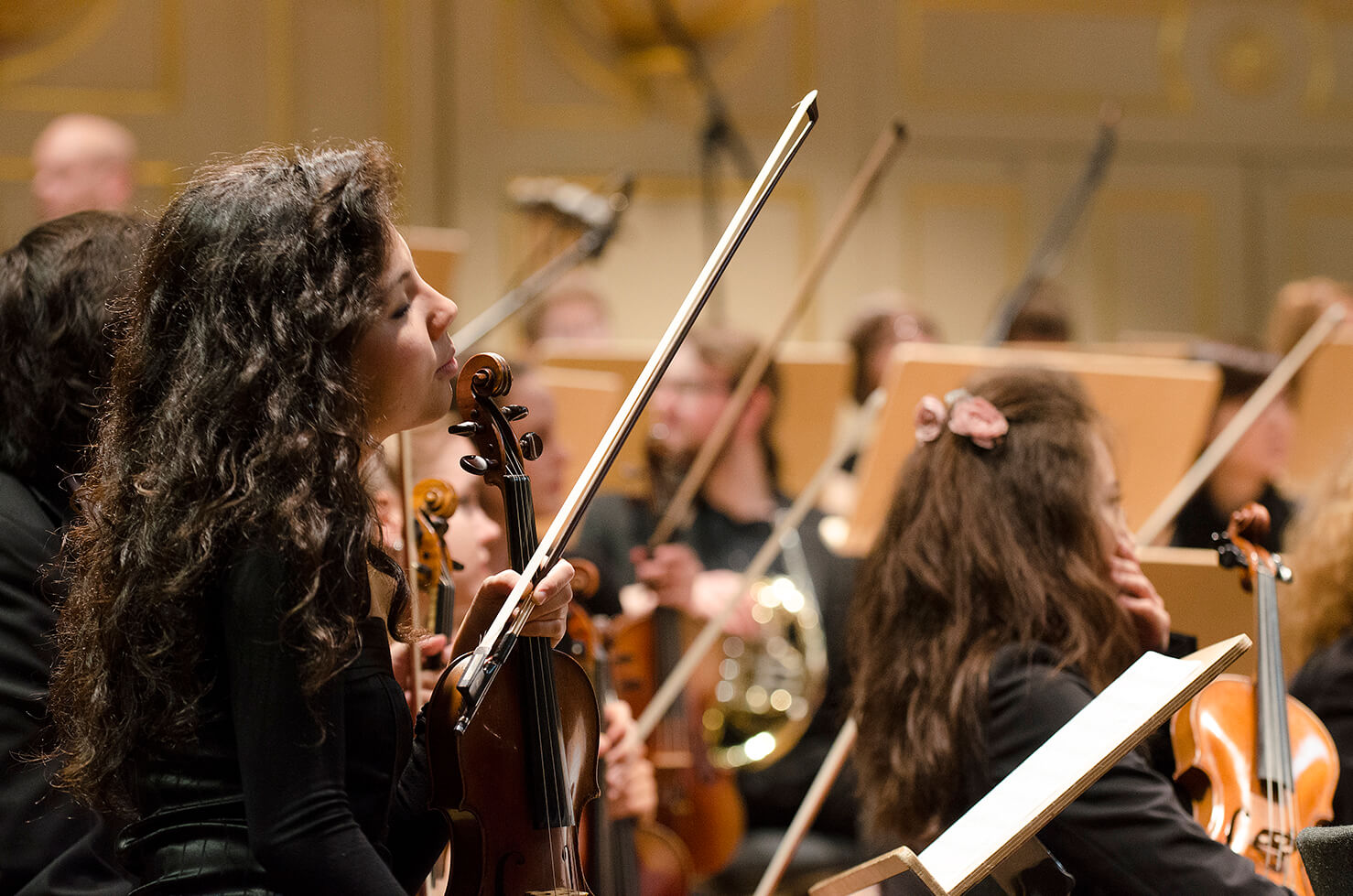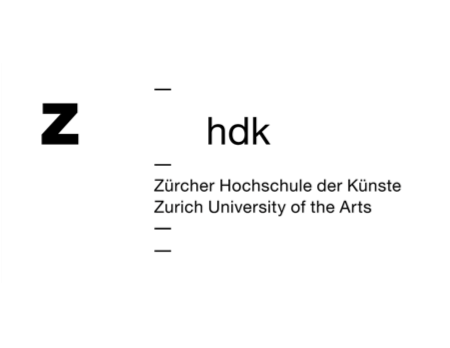Where rich cultures and history converge, beauty follows. This perfectly encapsulates the city of Zurich, an international hotspot for the arts and sciences. This Swiss city is a mosaic of trends and tradition, where a historic old town meets new avant-garde cityscapes. Its unique character translates into one of the city’s prominent institutions, Zurich University of the Arts (ZHdK). Pursuing a career in music might be the road less taken, but at the university’s Department of Music, its alumni have soared through international stages with blazing talent and world-class musicianship.
In one of the largest integrated art colleges in Europe, Music Studies at ZHdK are wide-ranging, flexible and thorough. Freedom is the underlying principle: students have the liberty to experiment and stretch their repertoire to best match their expertise and career aspirations. With over 600 events in a year, individualised study programmes, and a student body of over 50 nationalities, the Department of Music is where raw talents are polished into dazzling virtuosity that make waves in the global music scene.
Bringing back the classics
Who says classical music is dead? The former students of ZHdK dispel this myth. Take internationally-renowned Serbian pianist Ivan Bašić for example, who has graced concert chambers across Asia and Europe. Or critically-acclaimed cellist Maximillian Hornung, who has performed as a soloist with renowned orchestras such as the London Philharmonic Orchestra and the Pittsburgh Symphony Orchestra.
Classical music enlivens the Department of Music, where individual degrees are offered in over 20 orchestral instruments. Whether you’re a string or wind instrument enthusiast, a classical music education at ZHdK connects you with talented peers from all around the world. You’ll learn how to play solo or as part of an orchestral ensemble under the tutelage of award-winning international musicians such as Konstantin Scherbakov on piano, and Ilya Gringolts on strings.

Source: Zurich University of the Arts
As a major European cultural centre, Zurich opens up numerous opportunities for classical music majors. The university maintains a dense network with many top orchestras through close collaborations with Tonhalle Zurich, the Philharmonia Zurich (Zurich Opera), the Musikkollegium Winterthur and the Zurich Chamber Orchestra. Students’ orchestral experience is also enriched through co-productions with other Swiss music academies, allowing them to cultivate relationships with other training institutions.
In the Department of Music alone, students get daily real-life hall recital practices in three state-of-the-art concert halls and two chamber music halls. Much like the city itself, music that echoes through the university grounds is an eclectic blend of historical and contemporary pieces. This vibrant mix is what makes classically-trained musicians at ZHdK stand out — the breadth of their portfolio prepares them for a thriving career in the arts.
Turning theory into practice
Moscow native Polina Korobkova, 20, has turned heads all over Europe with inventive compositions, an impressive feat for a bright young talent. The Master of Arts in Composition student is the recipient of the ZHdK Excellence Scholarship, and a winner of numerous international prizes, such as the “Most Promising Young Composer Award” at the Joseph Dorfman Memorial Composers Competition.

Polina Korobkova
Korobkova’s excellence exemplifies the quality of students who undergo the composition, theory, and engineering route at ZHdK. There are three bachelor’s courses and seven master’s programmes to choose from, including the MA in Composition for Film, Theatre and Media and MA Electroacoustical Composition. The interdisciplinary nature of theory and composition studies at ZHdK allows students to streamline composition with the latest sound technologies. The result? Graduates will be adept in extensive production styles, be it classical, jazz, or contemporary music.
For students who are keen on the more technical aspects of musicianship, the bachelor’s and master’s programmes in Sound Engineering provide solid skills for you to command the production studio. Students will become experts in recording, the finer details of sound editing, as well as the intricacies of performing live sound mixing in an event.
Composing music is more exciting in sophisticated sound labs and studios. As a student of the Department of Music, all the latest equipment is available at hand for you to create your next masterpiece via access to composition and soundtrack studios, computer music and sound technology laboratory and sound studios. The internationally-renowned Institute for Computer Music and Sound Technology (ICST) and the Immersive Arts Space (IAS) affiliated with music composition are centres where specialists in various backgrounds such as mathematics, media art and psychoacoustics converge. This prepares graduates to work in a variety of interconnected fields between media and technology.
Turning your passion in music into a profession is not impossible here. The Department even has its own Career Centre, a service platform where students can seek career-related information, book one-on-one consultations, and receive ensemble support and coaching to develop their music portfolio. Those with an entrepreneurial bent can launch ideas at Z-Kubator, an independent project platform as part of the Zurich Centre for Creative Economies that integrates artists’ development with business practices. If you’re keen on starting your musical dreams at Zurich University of the Arts, click here.
Follow Zurich University of the Arts on Facebook, Twitter, Instagram, YouTube, Flickr and Zett











